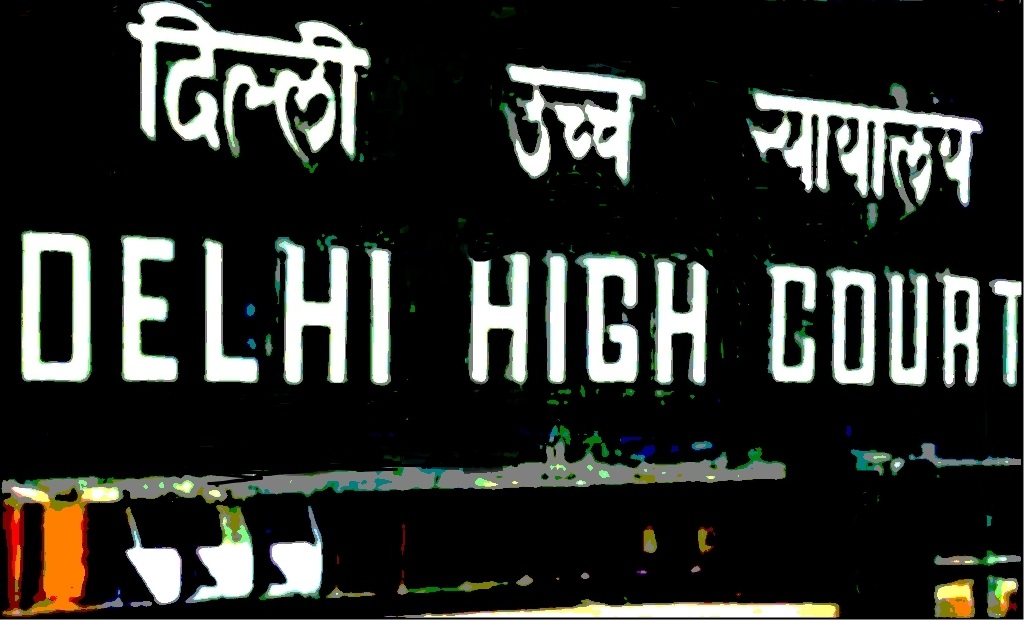In case where treatment is not successful or patient dies during surgery,it can’t be automatically assumed that medical professional was negligent:SC

Read Judgment: Dr. Harish Kumar Khurana vs. Joginder Singh & Ors
Pankaj Bajpai
New Delhi, September 8, 2021: The Supreme Court has observed that in every case where the treatment is not successful or the patient dies during surgery, it cannot be automatically assumed that the medical professional was negligent.
To indicate negligence there should be material available on record or else appropriate medical evidence should be tendered. The negligence alleged should be so glaring, in which event the principle of res ipsa loquitur could be made applicable and not based on perception, added the Court.
Noting that the present case was not of wrong diagnosis, the Division Bench of Justice Hemant Gupta and Justice A.S Bopanna observed that the aspect of the matter as to whether in the background of the medical records, the manner in which the doctor had proceeded to administer the anaesthesia, amounted to negligence, could have been determined only if there was medical evidence on record.
The observation came pursuant to appeals assailing the order passed by the National Consumer Disputes Redressal Commission, New Delhi (NCDRC), whereby it held the appellants (doctors & hospital) guilty of medical negligence and directed payment of Rs.17,00,000/- with interest at the rate of 9% per annum from the date of filing the complaint till the date of payment.
The background of the case was that the patient Smt. Jasbeer Kaur, wife of the first claimant and mother of second & third claimants before the NCDRC, visited the appellant hospital where she was diagnosed with kidney stone and was advised to undergo surgery.
Accordingly, the patient admitted herself and she was declared fit for surgery. Later, the appellant-doctor informed the patient and also her husband that both the kidneys could not be operated at the same time due to severe damage.
However, after taking consent, the operation was conducted. Later, the case of the patient deteriorated, the blood pressure fell and pulse became feeble. The cardiac respiratory arrest was also noticed. The efforts said to have been made by the doctors including the physician did not yield result, though the patient had been put on Boyle’s machine and necessary oxygen was supplied using the same.
Later, the patient was stated to have been put on an automatic ventilator and was shifted to critical care unit. However, despite the best efforts, the patient expired.
The dispute arose when the hospital demanded payment. Since the respondent (husband of the deceased) was a union leader at Whirlpool India, a demonstration was held by the workers at the hospital which resulted in the criminal charges in a criminal complaint being filed against the hospital.
The complaint before the NCDRC was filed thereafter alleging medical negligence and claiming compensation, which was granted.
Stating that the principle of res ipsa loquitur is invoked only in cases the negligence is so obvious, the Division Bench observed that undertaking operation in such situation with reference to the medical condition of the patient was a high risk procedure, the backup that ought to have been ensured and whether the medical equipments that were available at that point in time were sufficient.
The complainant who was throughout with the patient and who had given his consent did not make any other contrary noting therein so as to hold the non-taking of the consent from the patient against the appellants herein, added the Bench.
“When it is shown that the earlier operation was uneventful, in the absence of any medical evidence brought on record to the contrary regarding the failure on the part of Dr. Khurana in taking any steps while administering anaesthesia for the second operation, the observation of poor tolerance in the case sheet by itself cannot be assumed as negligence”, observed the High Court.
Hence, the High Court set aside the order passed by NCDRC, opining that when there was no medical evidence available before the NCDRC on the crucial medical aspect which required such opinion, and the mere reliance placed on the magisterial enquiry would not be sufficient.
Though the opinion of the civil surgeon who was a member of the committee is contained in the report, the same cannot be taken as conclusive since such report does not have the statutory flavour nor was the civil surgeon who had tendered his opinion available for cross-examination or seeking answers by way of interrogatories on the medical aspects, added the Court.
Sign up for our weekly newsletter to stay up to date on our product, events featured blog, special offer and all of the exciting things that take place here at Legitquest.




Add a Comment